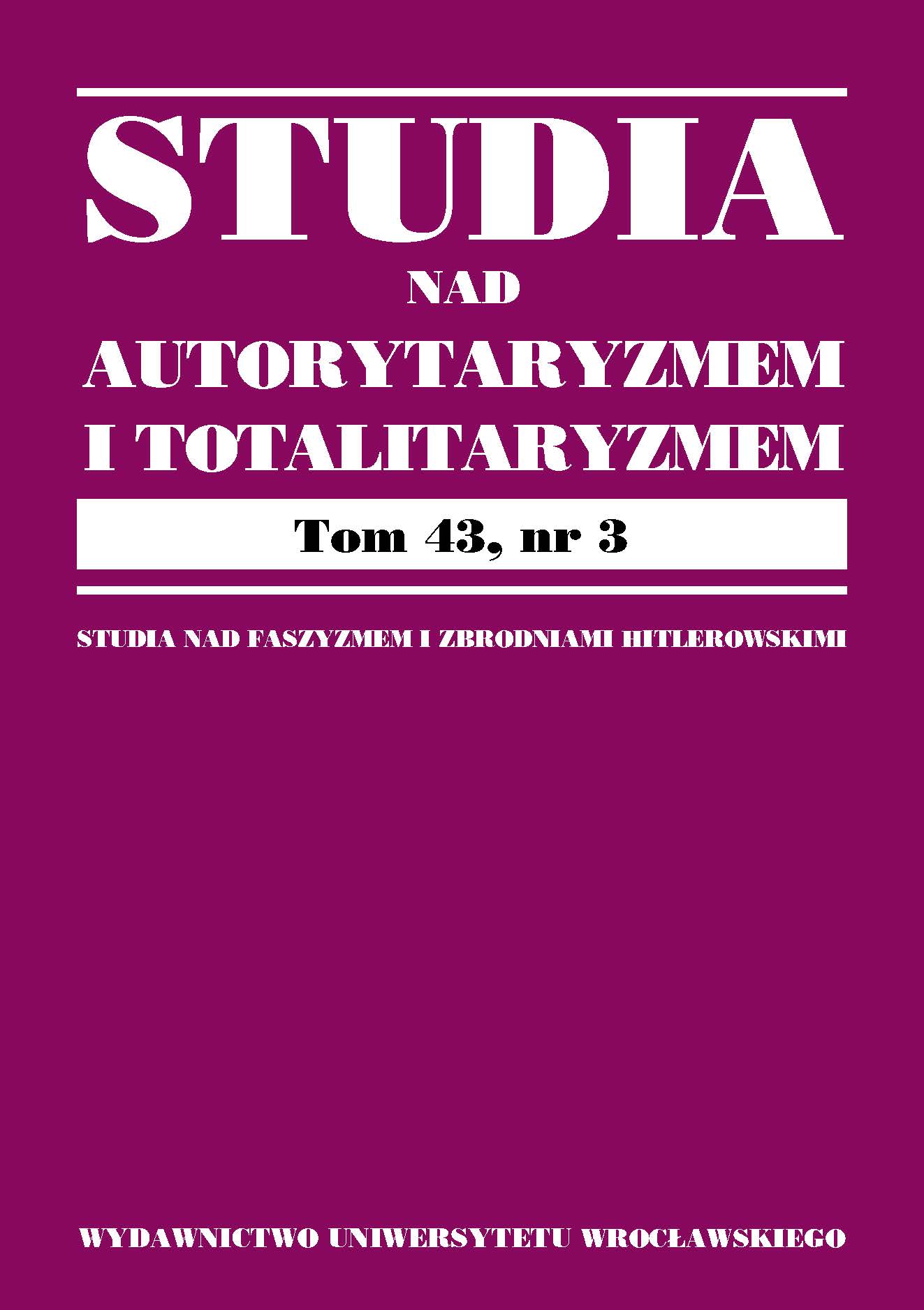

Artykuły

The author, presenting in a limited way the results of research on the law of the Polish People’s Republic, discusses two institutions regulated in the 1952 Act on copyright — the compulsory license under art. 16 and 17 and the implementation of the Council of Ministers’s powers (resulting from art. 33 § 1) to determine the principles and rates of remuneration for authors and contract templates. In accordance with art. 33 § 2, in relation to the provisions of the contracts covered by them, they were absolutely binding. The first of them limited the protection of subjective “ownership” rights to works, enabling their specific, although limited by their function, “expropriation”, while the second resulted in a significant and real restriction of the freedom of contracts regarding the use and disposal of copyright to works. This analysis leads to the conclusion that adapting the law shaped in a different system and political realities — in this case, its specific “totalization” — does not require large-scale changes in the existing regulation. It is only enough to modify the institutions of fundamental importance for the implementation of the principles of a specific political order. At the same time, in the reality of the totalitarian state of the Polish People’s Republic, the acts issued on the basis of art. 33 of the Copyright Act of 1952 were the most important to fulfil the purpose of these principles.